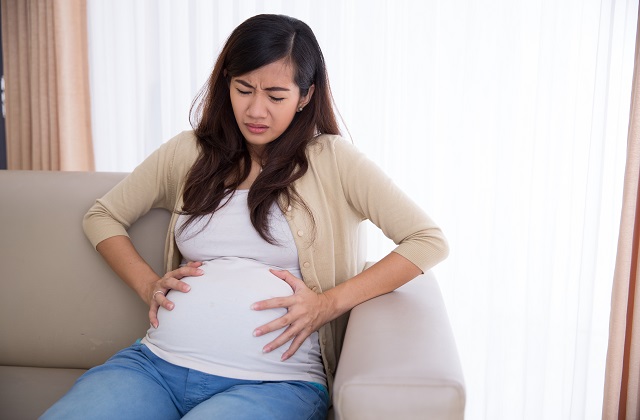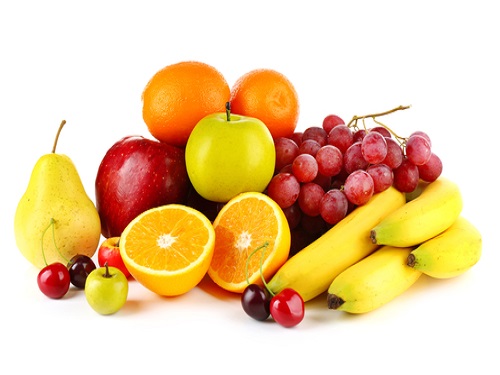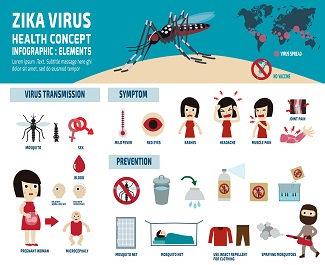Last Update: March 28, 2017
1. Types of anemia during pregnancy
2. Cause of anemia during pregnancy
3. Symptoms of anemia during pregnancy
4. Risk of anemia during pregnancy
5. What can be done about anemia during pregnancy
Anemia is quite common during pregnancy. When you suffer from anemia, your blood will not have enough healthy red blood cells to carry oxygen to other parts of the body.
Types of anemia during pregnancy:
There are three types of anemia that can develop during pregnancy. These include:
- Iron-deficiency anemia
- Folate-deficiency anemia
- Vitamin B12 deficiency
Iron-deficiency anemia is most common during pregnancy.
Cause of Anemia or iron-deficiency
Anemia may be developed when you are pregnant. During pregnancy, your body needs more blood in order to support you and the growth of the baby. If you are not getting enough nutrition such as iron, folate, or vitamins, your body is then unable to produce the sufficient red blood cells that are needed. Most expectant mothers suffer from the iron-deficiency anemia.
Iron is needed to produce haemoglobin which is a protein in the red blood cell. Without sufficient iron in your diet, you may then experience the iron-deficiency anemia.
Folate is needed to make new cells. If you do not have sufficient folate in your diet. You may suffer anemia.
Deficiency in folate can cause birth defects. That is the reason why most gynecologists will give pregnant women folic acid during first trimester.
Vitamin B12 is needed to form red blood cell. If your body does not have enough vitamin B12 in your diet, your body will not produce enough red blood cells.
Symptoms of anemia during pregnancy:
Signs of anemia during pregnancy include the following:
- Dizziness
- Shortness of breathe
- Pale skin, lip
- Feeling tired or weak
- Rapid heartbeat
Risks of anemia in pregnancy
List below shows the possible risks of anemia during pregnancy.
- A premature or low-birth-weight baby.
- A blood transfusion (if you lose a significant amount of blood during delivery)
- Postpartum depression
- A child with developmental delays.
What can be done about anemia during pregnancy?
If you have the above-mentioned symptoms of the anemia. Please consult your doctor. Sometimes, anemia may be detected during the procedural blood test and doctor will usually give pills that is rich in iron.
It should be noted that iron supplement may make morning sickness worse.
Other than iron supplment, you may take food that is rich in iron. The best source of iron is the red meat which you should take more.
Food that is rich in iron include lean red meat, poultry, fish, leafy, dark green vegetables such as spinach, broccoli, and kale. Beans, lentils, tofu, nuts and seeds are also rich in iron.
To prevent iron-deficiency anemia, you can also east food that is high in vitamin C as vitamin C can help your body absorb more iron. Food that is rich in vitamin C include citrus fruits and juices, strawberries,
If you suffer from folate-deficiency anemia, you can eat the following food which is a natural source of folic acid:
- leafy green vegetables
- citrus fruits and juices
- dried beans
- breads and cereals fortified with folic acid
Subscribe to receive newsletter on pregnancy and parenting in Singapore.


